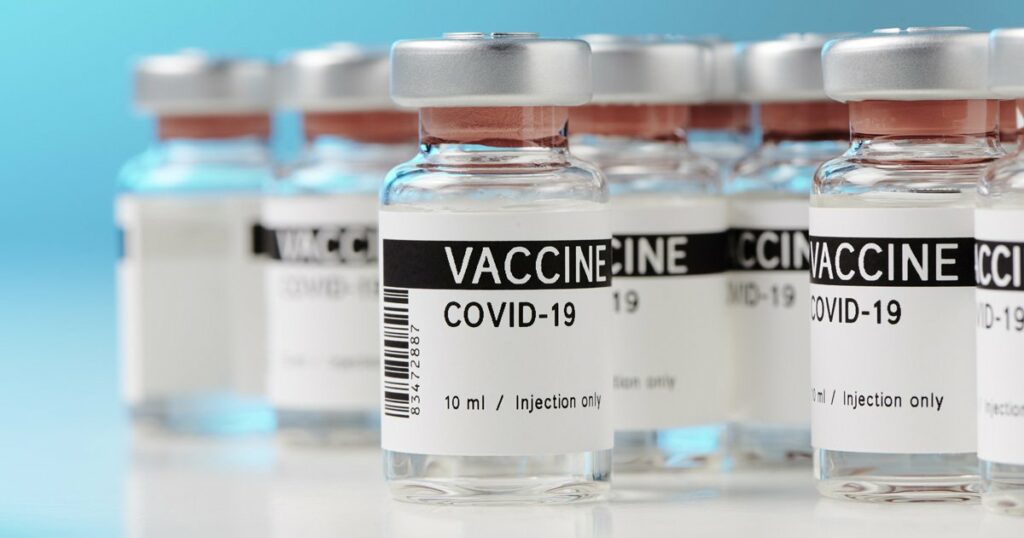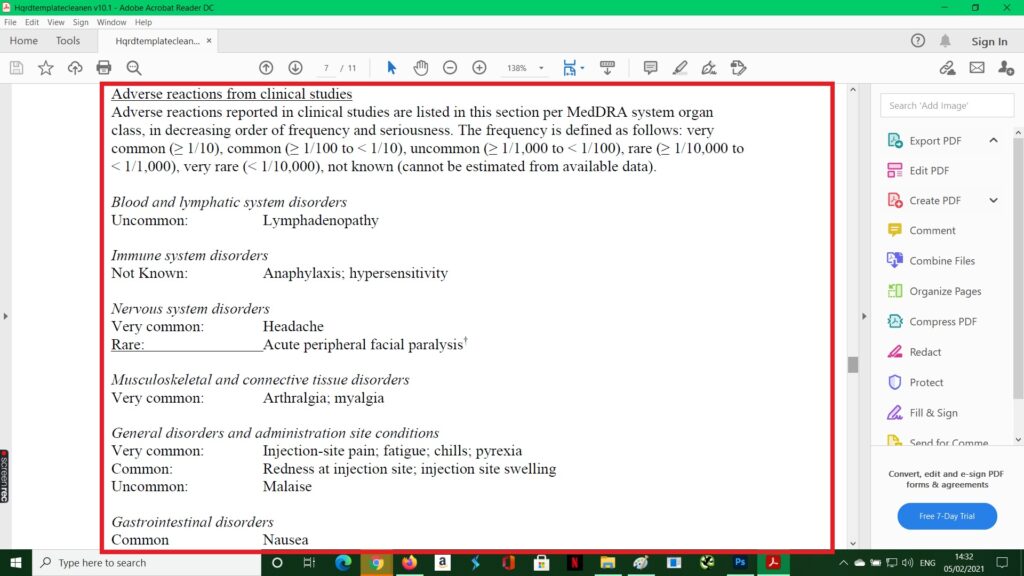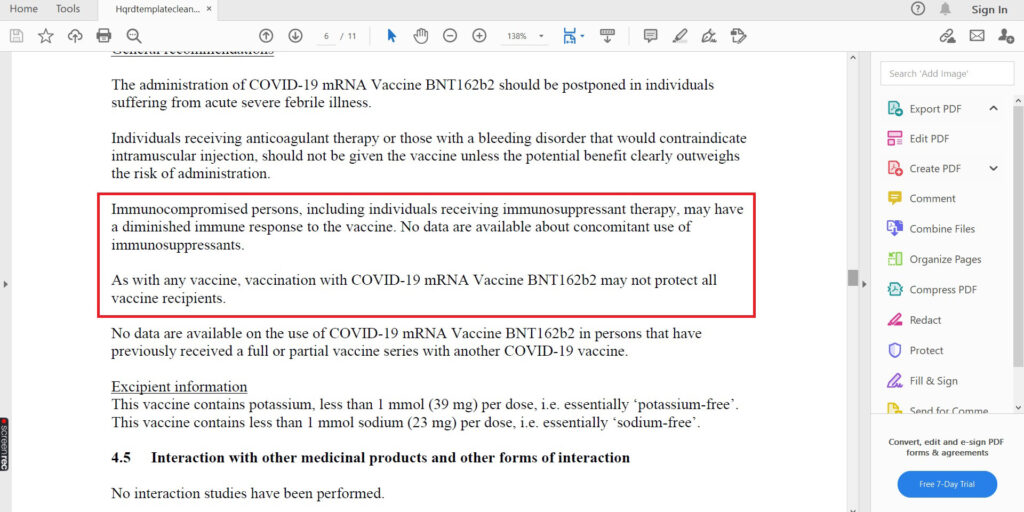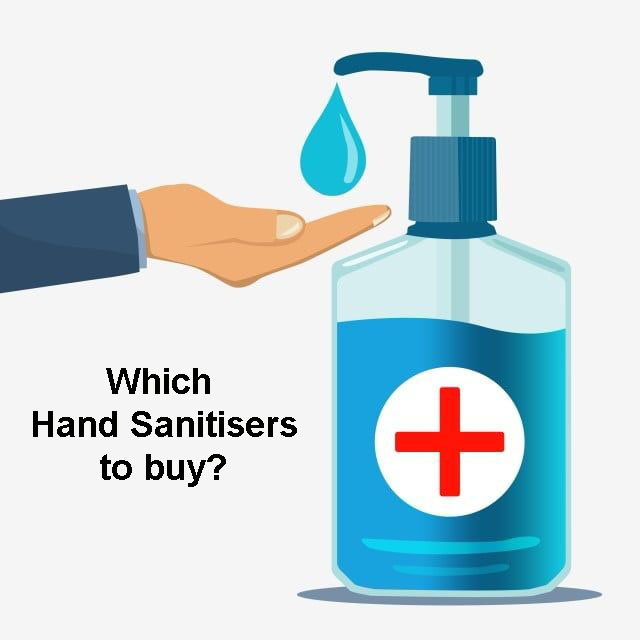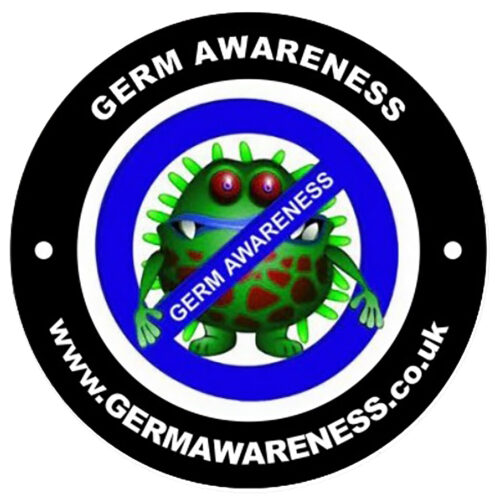
SALIVA & MAIL CROSS CONTAMINATION OF GERMS
EBOLA
You would think dealing with the Corona Pandemic was already enough for us to deal with for the rest of our lives but wait for it there is something else lurking on the horizon. In fact, 6 countries have been placed on ‘Urgent Alert’ amidst a new “EBOLA” outbreak.
Ebola kills through organ failure and severe bleeding and is very transmissible through body fluids. During the 2013 to 2016 Ebola outbreak more than 11,000 people died across Guinea, Liberia and Sierra Leone.
https://londonlovesbusiness.com/six-countries-placed-on-urgent-alert-amid-new-ebola-outbreak/
https://www.bbc.co.uk/news/topics/cjnwl8q4qj1t/ebola-virus
So what has Saliva and Mail got to do with anything, I hear you cry?
Saliva & Mail.
People send letters and parcels all over the world everyday and yes most parcels and envelopes use postage stamps other than the ones that use franking machines then this does not apply.
What does a person do to seal an envelope or stick a stamp:

So what does a person do when they stick a stamp on an envelope or parcel or seals an envelope?……they use in most cases their own saliva.
Therefore what happens when you have just stuck an envelope down nice and wet or stuck a postage stamp, you have now smeared your germs right across and have successfully contaminated the said item.
How long can germs live on surfaces:
Different Kinds of Surfaces
Metal Examples: doorknobs, jewelry, silverware 5 days
Wood Examples: furniture, decking 4 days
Plastics Examples: milk containers and detergent bottles, subway and bus seats, backpacks, elevator buttons 2 to 3 days
Stainless steel Examples: refrigerators, pots and pans, sinks, some water bottles 2 to 3 days
Cardboard Examples: shipping boxes 24 hours
Copper Examples: pennies, teakettles, cookware 4 hours
Aluminum Examples: soda cans, tin-foil, water bottles 2 to 8 hours
Glass Examples: drinking glasses, measuring cups, mirrors, windows Up to 5 days
Ceramics Examples: dishes, pottery, mugs 5 days
Paper Examples: mail, newspaper The length of time varies. Some strains of coronavirus live for only a few minutes on paper, while others live for up to 5 days.
Food Examples: takeout, produce. Coronavirus doesn’t seem to spread through food.
Water Coronavirus hasn’t been found in drinking water. If it does get into the water supply, your local water treatment plant filters and disinfects the water, which should kill any germs.
Fabrics Examples: clothes, linens There’s not much research about how long the virus lives on fabric, but it’s probably not as long as on hard surfaces.
Shoes One study tested the shoe soles of medical staff in a Chinese hospital intensive care unit (ICU) and found that half were positive for nucleic acids from the virus. But it’s not clear whether these pieces of the virus cause infection. The hospital’s general ward, which had people with milder cases, was less contaminated than the ICU.
Skin and hair There’s no research yet on exactly how long the virus can live on your skin or hair. Rhinoviruses, which cause colds, survive for hours.
https://www.webmd.com/lung/how-long-covid-19-lives-on-surfaces
So what is my point to all this?
If people who may not even be aware they are carriers of ANY disease spread their germs and contaminate envelopes and parcels imagine the knock on effect this has on th population. First the parcels and envelopes get picked up and sent to a sorting office where multiple people handle mail. Imagine how many people may get infected simply by that one task alone?
Yes but it is embedded into our brains we must wash our hands frequently, but how many of us actually do? People are not OCD like me may be complacent about touching things and them washing hands. All it takes is for an infected person to touch several surfaces and someone else then gets contaminated. You not only need to clean your hands but everything you come into contact with. Germs live on surfaces for days.
I am a suffered of contamination OCD I have been for over 30 years so I am more aware than anyone about cross contamination and germs and will not touch something that has been touched by someone else without disinfecting the item first. With mail that can be difficult to disinfect, hence I use disposable latex gloves. The same goes with outer packaging of food and toiletries and household products.
You have to think outside the box (no pun intended), the items have been shipped from somewhere before ending up on our shelves, imagine how many people have touched that item before you?
You will never be able to stop any virus from spreading if not enough is done to:
SPREAD “Germ Cross Contamination” AWARENESS to the Masses.
This has to be done with media amplification.
How is Coronavirus is spread?
According to current evidence, the COVID-19 virus is primarily transmitted between people through respiratory droplets and contact routes. https://www.gov.uk/government/publications/wuhan-novel-coronavirus-background-information/wuhan-novel-coronavirus-epidemiology-virology-and-clinical-features#:~:text=According%20to%20current%20evidence%2C,%2C%20faeces%20and%20urine.
This means the virus comes from the mouth, from sneezing and coughing and what else is our mouths…..SALIVA!
FINAL NOTES:
If you intend on sending mail and have to seal envelopes and postage stamps get a sponge from the kitchen or bathroom and soak it with water, then wipe the envelope or stamps with it, NEVER USE SALIVA.
When handling goods always disinfect outer packaging whenever possible and when handling mail use disposable gloves.
On another note about spreading awareness I for one do not buy tabloids, do not watch terrestrial TV so how can people like myself be alerted of cross contamination? I have an answer social media push notifications.
ADDENDUM:
According to a study conducted early on in the pandemic found the virus lost infectivity on paper within three hours, says Professor Mark Harris, from the School of Molecular and Cellular Biology at the University of Leeds.
Prof Harris told HuffPost UK it is “highly unlikely” you’d spread Covid by licking an envelope – or catch it by touching an envelope that had been licked. Furthermore, the average time an envelope would probably have spent in a postbox would be no more than three hours waiting to be collected. By the time it’s been through the postal service, three hours will most definitely have passed.
(What about parcels which also have stamps and have to be taken physically to post offices or given to couriers)? sorry but I am not convinced...
“However my thoughts on this are, for example, an elderly person who has a friend, family member, carer or neighbor asks them to post their mail for them they essentially would cross-contaminate”.
Read Other Articles Here On the Subject:
https://www.express.co.uk/life-style/life/1260073/Post-office-should-i-lick-envelopes-coronavirus
#ebolaoutbreak #coronavirus #pandemic #crosscontamination #saliva #mediaamplification #germawareness #washinghands #disinfectant #ebola #postagestamps #lickingenvelopes #lickingstamps
